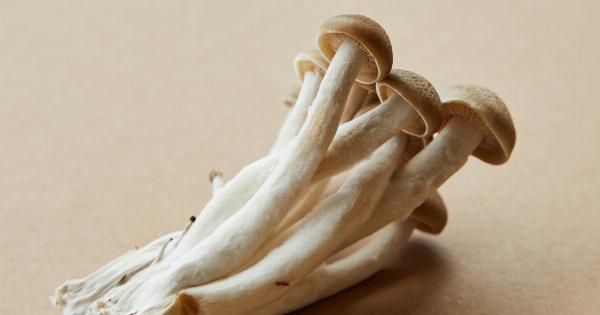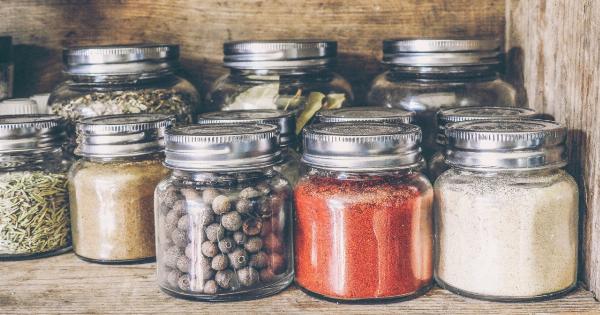Following a plant-based diet doesn’t mean you have to miss out on protein. There are plenty of delicious and nutritious plant-based protein sources that can meet your dietary needs.
Whether you are a vegetarian, vegan, or simply looking to incorporate more plant-based protein into your meals, this article will provide you with a comprehensive list of options. From legumes and grains to nuts and seeds, you’ll discover a variety of protein-packed foods to keep you strong and healthy.
1. Lentils
Lentils are a versatile and affordable source of plant-based protein. They are rich in fiber, iron, and folate, making them a nutritious addition to any meal.
From lentil soups and stews to lentil burgers and salads, there are endless ways to incorporate lentils into your diet. Plus, they come in various colors such as brown, green, and red, adding vibrancy to your dishes.

2. Quinoa
Quinoa is a complete protein, meaning it contains all nine essential amino acids. It is also high in fiber, magnesium, and antioxidants. Quinoa can be prepared as a main course or served as a side dish.
Its nutty and slightly crunchy texture adds a delightful twist to salads, stir-fries, and grain bowls.

3. Chickpeas
Chickpeas, also known as garbanzo beans, are a staple in many plant-based diets. They are packed with protein, fiber, and various vitamins and minerals.
Whether used in hummus, curries, or roasted as a crunchy snack, chickpeas are a delicious protein source that can be enjoyed in countless ways.

4. Hemp Seeds
Hemp seeds are a nutritional powerhouse, containing all essential amino acids, omega-3 fatty acids, and minerals like magnesium and zinc.
They have a slightly nutty flavor and can be sprinkled on top of salads, added to smoothies, or used as a garnish for soups and stir-fries.

5. Black Beans
Black beans are not only rich in protein but also high in fiber and antioxidants. You can enjoy them in dishes like black bean tacos, burritos, or added to salads and soups.
Their creamy texture and earthy flavor make them a versatile ingredient in both Mexican and international cuisines.

6. Chia Seeds
Chia seeds are small but mighty when it comes to their nutritional profile. They are an excellent source of protein, fiber, omega-3 fatty acids, and various minerals.
Chia seeds can be soaked in liquids to create a pudding-like consistency, added to smoothies, or used as an egg substitute in baking recipes.

7. Tempeh
Tempeh is a fermented soybean product that is packed with protein, probiotics, and nutrients. It has a dense texture and a slightly nutty flavor. Tempeh can be marinated and grilled, crumbled as a meat substitute, or added to stir-fries and wraps.
Its versatility and high protein content make it a popular choice for many non-meat eaters.

8. Almonds
Almonds are not just a tasty snack; they are also a good source of protein, healthy fats, and antioxidants.
Whether enjoyed on their own, added to trail mixes, or used as a crunchy topping for salads and oatmeal, almonds provide a satisfying crunch and a nutrient boost to your meals.

9. Spinach
Spinach is not only a great source of iron and other essential vitamins and minerals, but it also contains a decent amount of protein. This leafy green can be enjoyed fresh in salads, sautéed as a side dish, or added to smoothies and sandwiches.
Incorporating spinach into your meals is an easy way to increase your plant-based protein intake.

10. Tofu
Tofu, made from soybeans, is a highly versatile and protein-rich food. It takes on the flavor of the ingredients it’s cooked with, making it a great addition to various dishes.
Whether marinated and grilled, blended into smoothies, or stir-fried with vegetables, tofu provides a significant protein boost to vegetarian and vegan diets.































